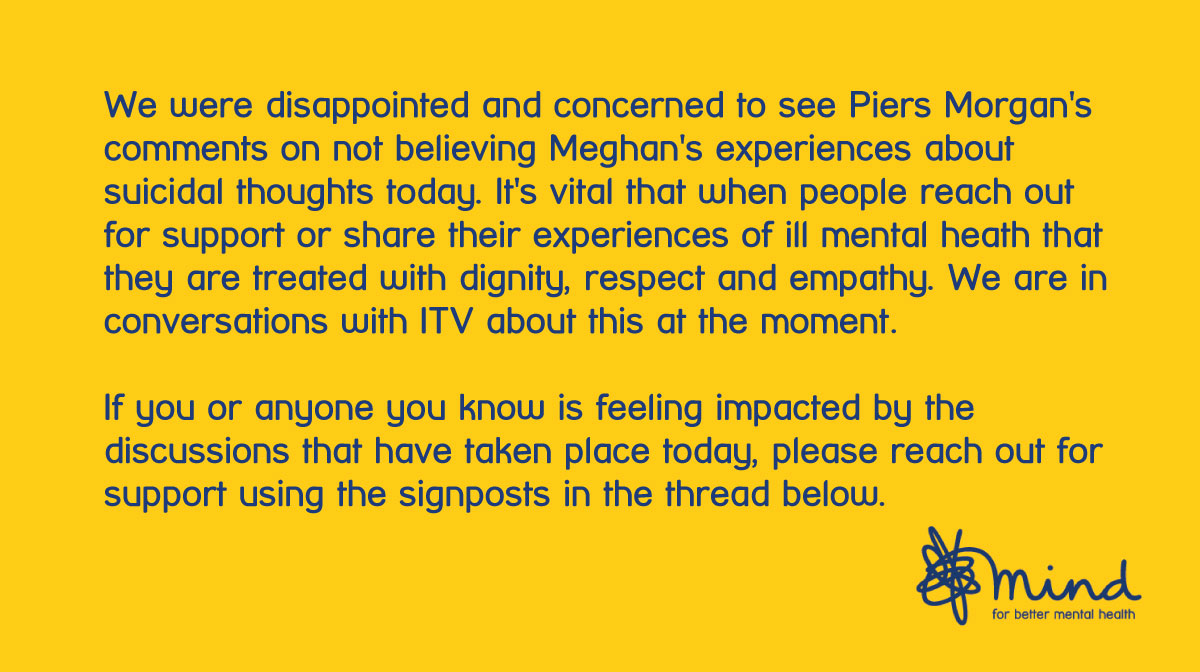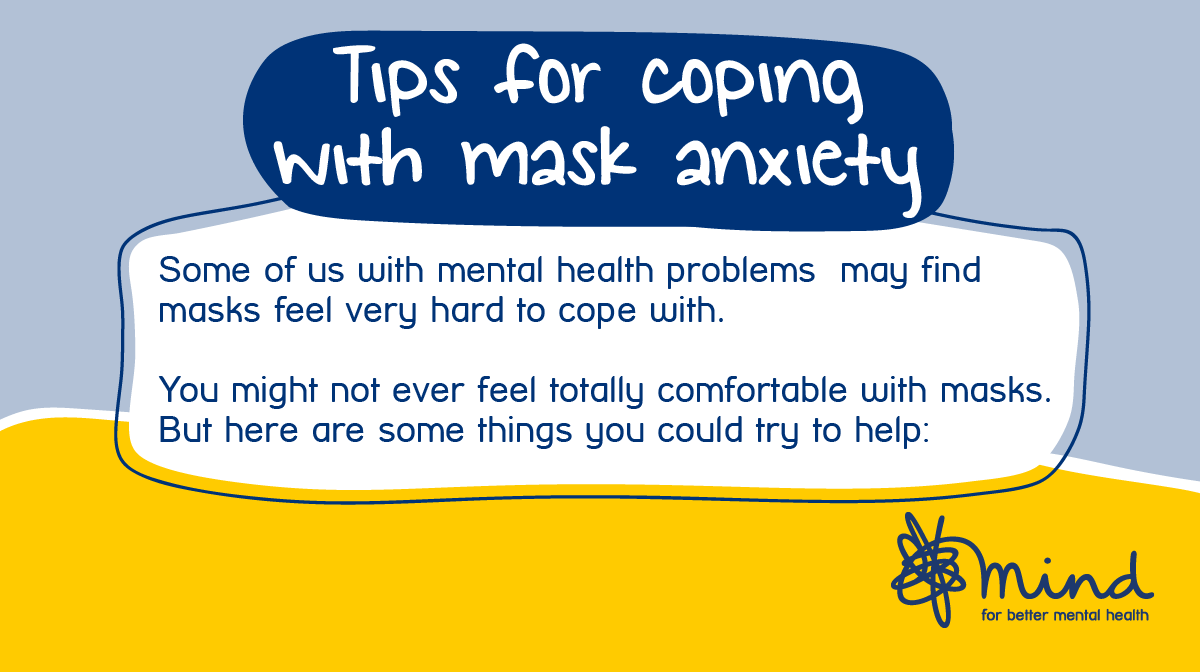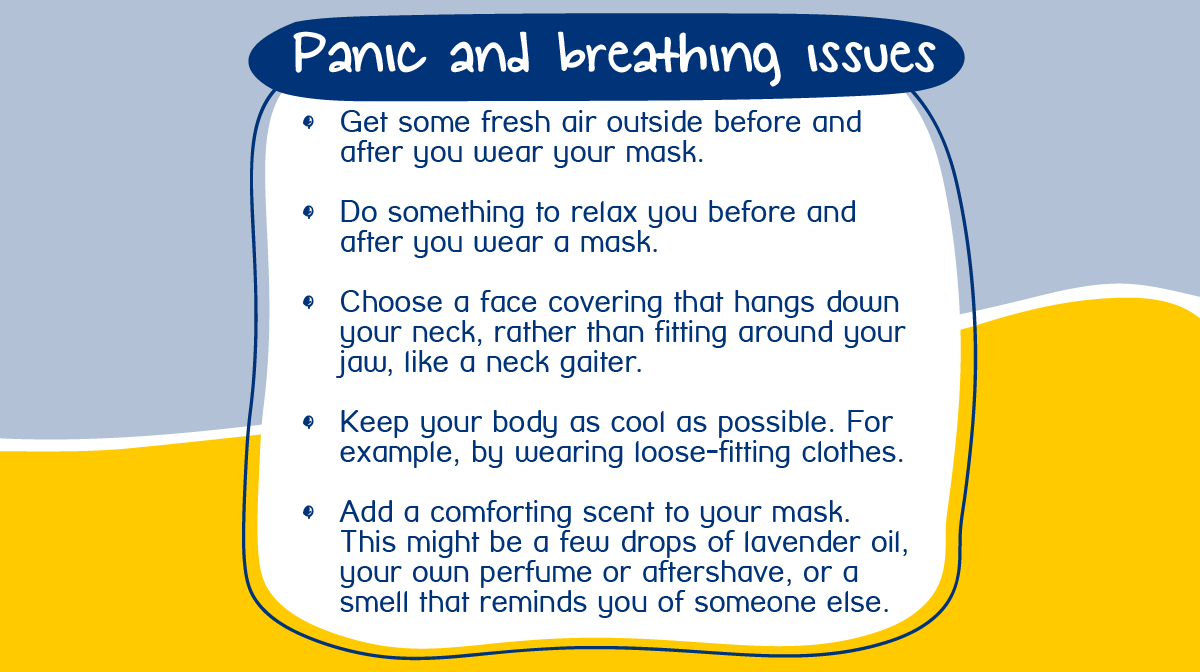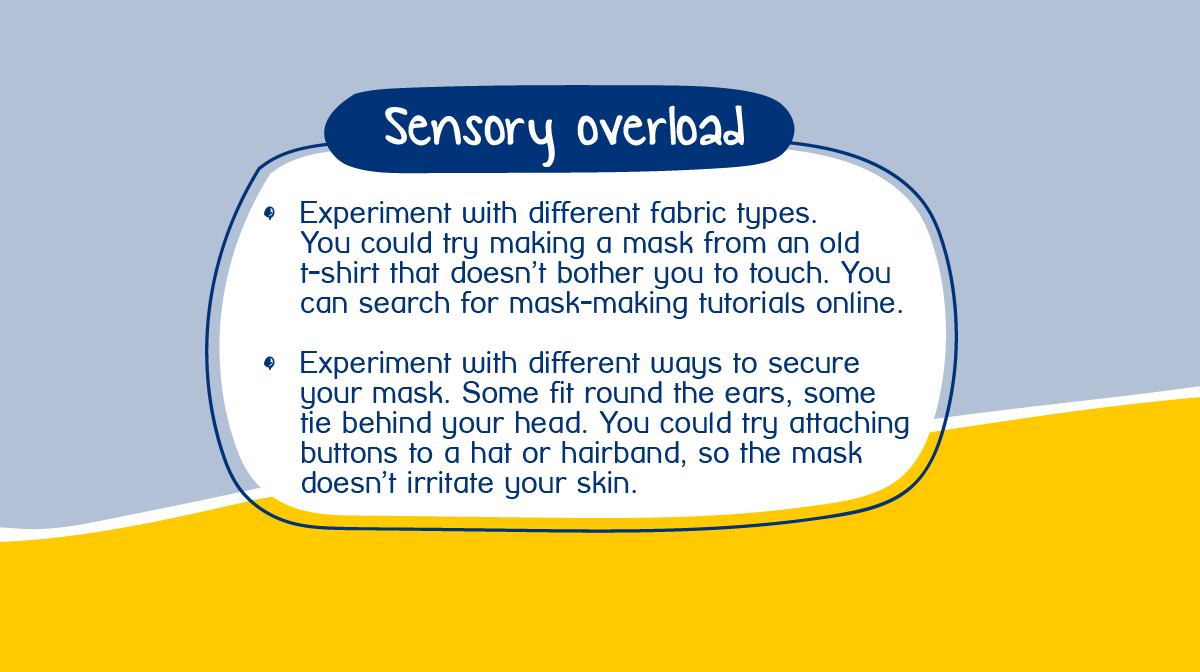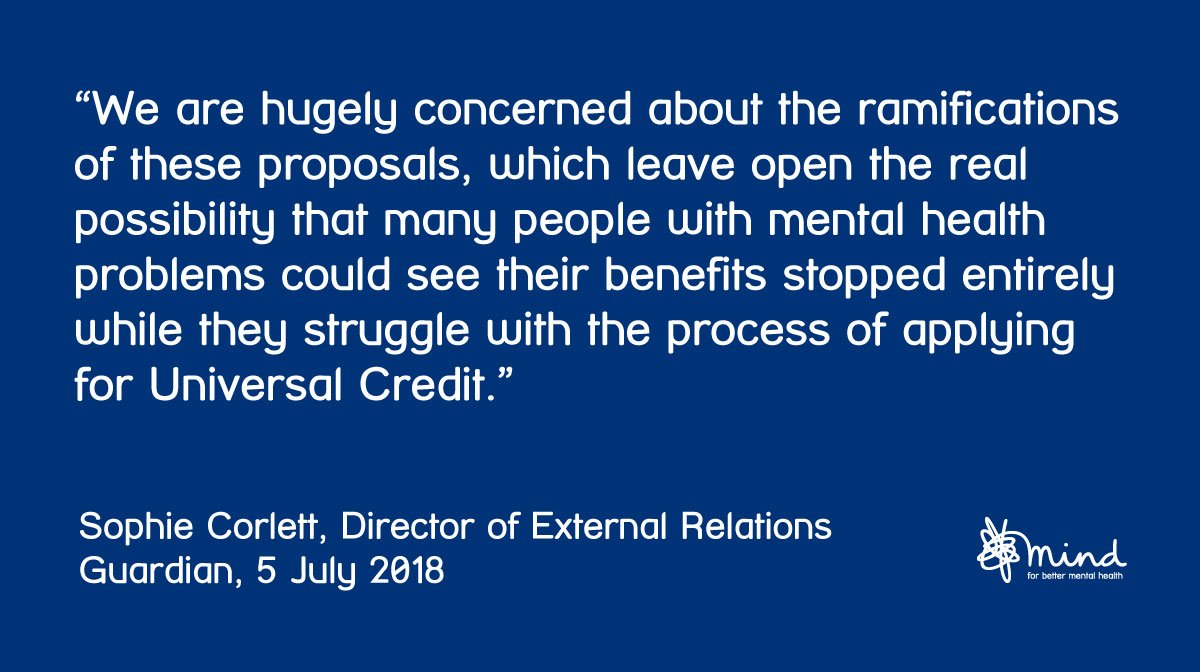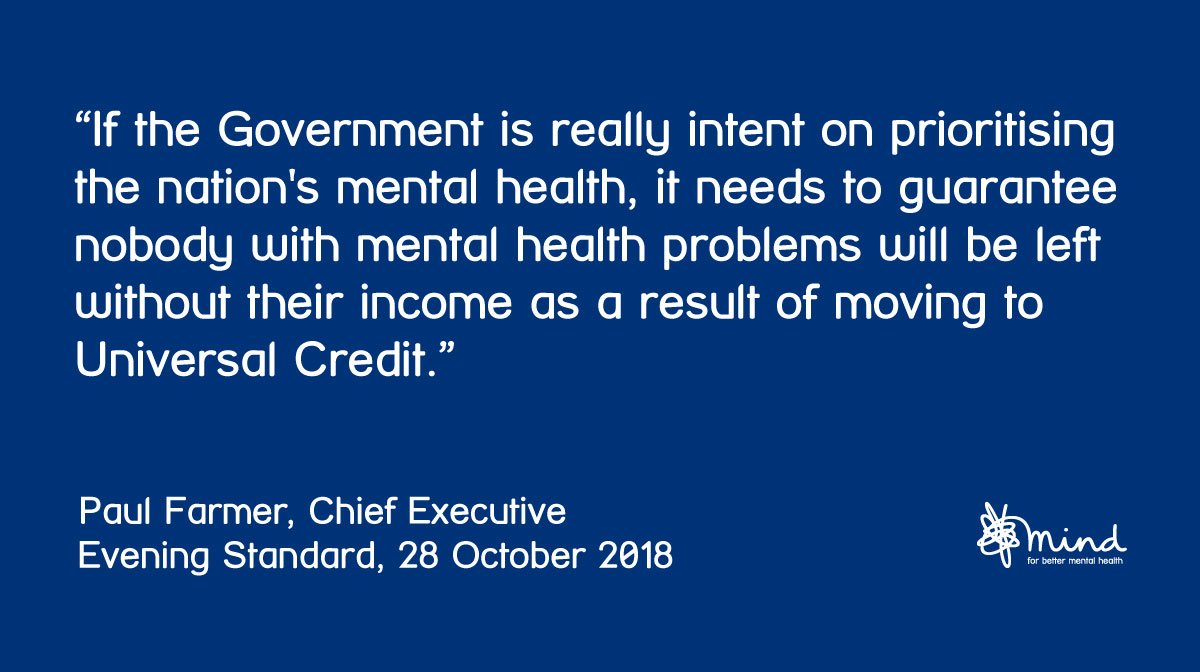
Poor mental health can make earning and managing money harder. And worrying about money can make your mental health worse. It can start to feel like a vicious cycle. 

There's also a lot of stigma around money, and often we can feel ashamed to talk about it, or tell people we're struggling. But reaching out for support can be an important first step towards feeling better.
So let's talk about it. How do your finances affect your mental health? And do you feel comfortable talking about money worries with others?
On our website, we have information about:
🔹 organising your finances
🔹 claiming benefits when you have a mental health problem
🔹 dealing with services
🔹 looking after your mental health when you're worried about money
🔹 getting support.
Read here👇 bit.ly/3hfcCBN
🔹 organising your finances
🔹 claiming benefits when you have a mental health problem
🔹 dealing with services
🔹 looking after your mental health when you're worried about money
🔹 getting support.
Read here👇 bit.ly/3hfcCBN
• • •
Missing some Tweet in this thread? You can try to
force a refresh





